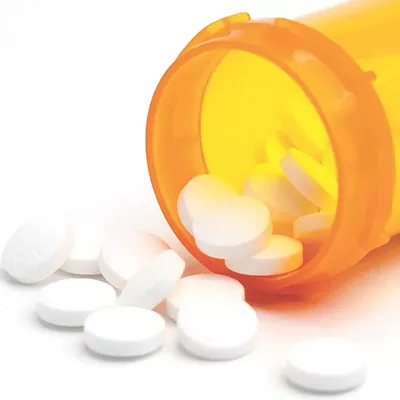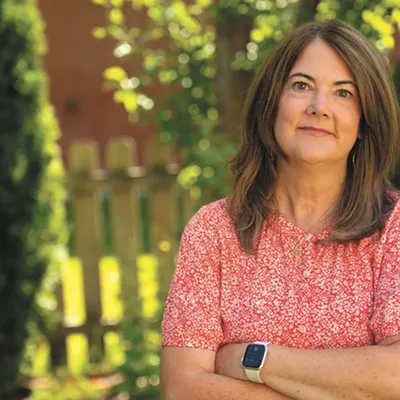Thursday, November 30, 2017
Put down the raw cookie dough, and get that flu shot
Cookie Don’ts
As tempting as it is to sneak a bite, or six, of cookie dough when you’re making cute holiday treats, you might want to think twice about it. A new study published in the New England Journal of Medicine last week showed tasting uncooked food can make you dangerously sick.
“We’re not trying to ruin people’s holidays but we want them to be aware of the risks,” said Samuel J. Crowe, the lead author of the study and an epidemiologist with the division of food-borne, waterborne and environmental diseases at the Centers for Disease Control and Prevention.
“The bacteria is not uniformly distributed in a two-and-a-half pound bag of flour,” he said. “A small amount could get you really sick. I’ve had E. coli and salmonella and it’s pretty darn unpleasant.”
Not only that, but experts are advising cooks to wash their hands in warm, soapy water after even handling raw flour.
Flu Alert
There’s still time — and plenty of reasons — to get a flu shot this year. Sadly, the Spokane Regional Health District announced a man in his 60s has become the first flu-related death in the county this season. This as the number of flu cases continues to rise.
There are four different flu vaccines available. The traditional trivalent vaccine offers protection against two A viruses and one B; the quadrivalent vaccine adds an additional B virus to the mix. There’s a high dose vaccine for those over 65 that includes four times the usual level of immunity-producing proteins. And for those afraid of needles, there’s no excuse for not getting a flu vaccine. Intradermal shots use short needles that penetrate just the skin instead of the usual intramuscular injection. And there’s even a needle-free shot that uses a tiny stream of high-pressure fluid to sneak the vaccine into your body. The old nasal spray vaccine is no longer recommended as it didn’t seem to work.
Speaking of vaccines…
Even in highly polarized times, wouldn’t a vaccine for cancer be something we could all get behind? This promising area of cancer research is boldly moving forward. Read more about the efforts of University of Washington’s Tumor Vaccine Group — and vaccines already being used for breast cancer patients — in the current InHealth.




















